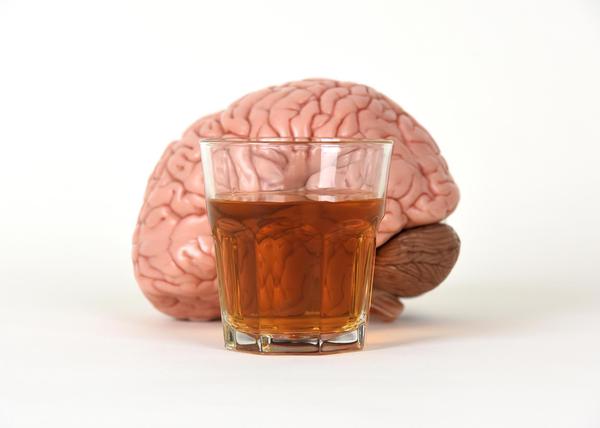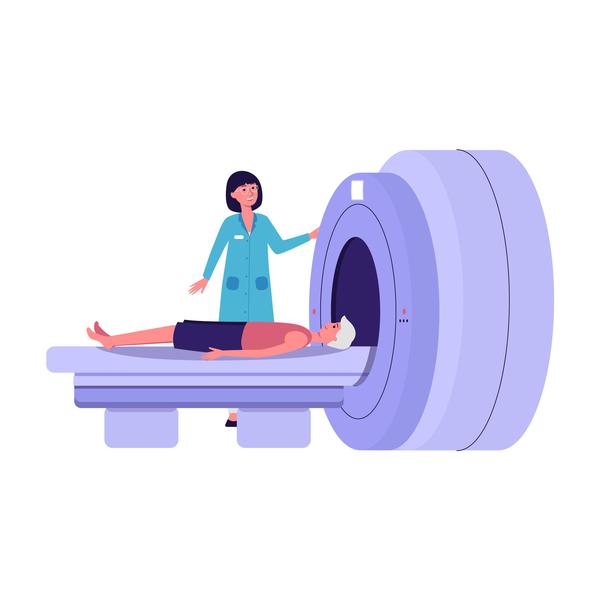Loading...
Found 11 Alcoholism trials
A listing of Alcoholism medical research trials actively recruiting patient volunteers. Search for closest city to find more detailed information on a research study in your area.

VOLUNTEERS AGES 21-26 NEEDED FOR ALCOHOL AND BRAIN IMAGING STUDY!
D
David Kareken, PhD
21-27 years
Healthy Volunteer
All genders
Do you drink alcohol? If yes, we want to learn about your brain activity! Researchers at the IU School of Medicine are looking for volunteers aged 21-27 to participate in an alcohol and brain imaging study.Interested potential participants must complete one 3 hour in-person screening. Following the in-person screening, qualified participants in …
Neural bases of alcohol-related decision-making
B
Brandon Oberlin
21-45 years
All genders
The purpose of this study is to help us better understand addiction and the risk for developing alcoholism and to help us understand how the brain makes choices about drinking alcohol.
Sex Differences in the Response to Abstinence from Alcohol (SPAR)
M
Martin Plawecki, MD, PhD
21-35 years
Healthy Volunteer
Male
The purpose of this study is to examine drinking patterns of men and women both over short term and long term intervals.

Children Ages 10-14 and Their Parents Needed For Life Events, Brain, and Behavior Study!
K
Kathleen Crum
10-100 years
Healthy Volunteer
All genders
ARE YOU THE PARENT OF A CHILD 10-14 YEARS OF AGE? Researchers at Indiana University are inviting children (ages 10-14) and their parents (ages 18+) to take part in a study to learn more about how life experience and stress affect how parents and children think, feel and act.One child …
Imaging of Alcohol and Reward Seeking Behavior
D
David Kareken, PhD
21-30 years
Healthy Volunteer
All genders
This is a research study about the brain's reward centers and what they might tell us about the brain's reward system and the risk for developing alcoholism.
Uncovering Fingerprints of Brain Network Flexibility in Alcohol Use Disorders
D
David Kareken, PhD
21-45 years
Healthy Volunteer
All genders
Do you drink alcohol? If so, we want to learn about your brain activity!
Frontal-Striatal Reward Circuit Neuromodulation and Alcohol Self-Administration
M
Michael Francis, MD
21-35 years
All genders
This study investigates the relationship between repetitive transcranial magnetic stimulation (rTMS) and alcohol-related behavior. The purpose of this study is to determine if repetitive transcranial magnetic stimulation (rTMS) affects subjective feelings and alcohol drinking behavior, in both lab based experiments and in normal life.
Posterior Default Mode Network Modulation in Heavy Drinkers Effects on Risky Behavioral Phenotypes and Brain Circuitry
M
Martin Plawecki, MD, PhD
21-40 years
All genders
Phase 1
This research study will examine the relationship between theta burst stimulation (TBS), which is a type of repetitive transcranial magnetic stimulation (rTMS) and alcohol-related behavior. Repetitive transcranial magnetic stimulation (rTMS) is a brain stimulation technique that uses a magnet to temporarily change brain function.
Binge & High-Intensity Drinking
M
Martin Plawecki, MD, PhD
21-35 years
Healthy Volunteer
All genders
The purpose of this study is to examine the relationships between drinking behaviors in both normal life and in our laboratory. Results from this study may help us better understand the relationships between drinking behavior, family drinking history and brain function.
PREPARE: A Pragmatic Randomized trial Evaluating Pre-operative Alcohol skin solutions in FRactured Extremities
R
Roman Natoli, MD
18-100 years
All genders
The overarching objective of this trial is to compare the effectiveness of iodine povacrylex (0.7% free iodine) in 74% isopropyl alcohol versus 2% chlorhexidine gluconate (CHG) in 70% isopropyl alcohol for the management of extremity fractures that require surgical treatment.